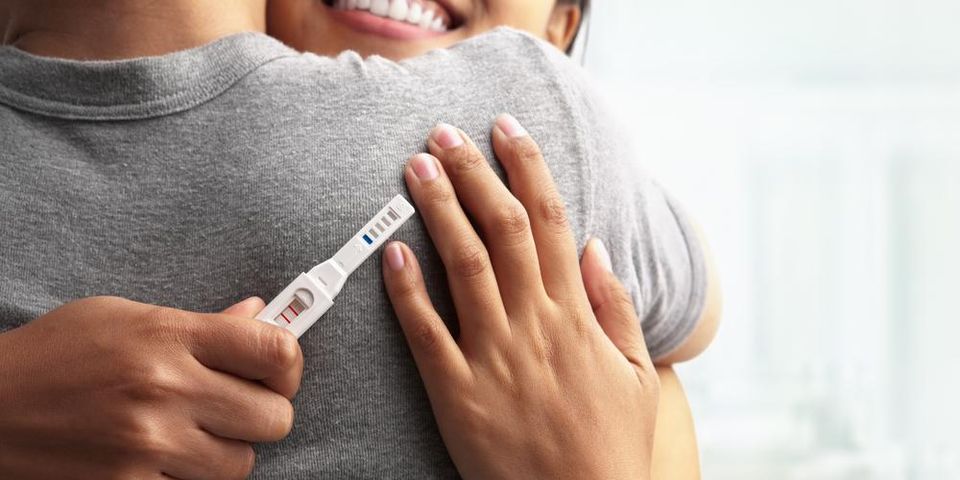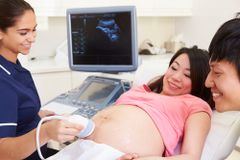Why You Should Talk to Your Fertility Clinic About Egg Donation
By IVF Hawaii

For those looking to start a family, infertility can seem like a insurmountable barrier. However, thanks to medical advances like egg donation and IVF treatment, starting a family is possible for many hopeful parents. Egg donation is one option offered by fertility clinics that allows an infertile woman to carry a child and give birth through the use of donor eggs.
Receiving an Egg Donation Explained
When Do You Need an Egg Donor?
When a prospective parent is unable to conceive after undergoing infertility treatments such as in vitro fertilization (IVF), they may be a good candidate for receiving an egg donation. Though there is numerous criteria to meet, you may be a candidate if you have any of the following conditions:
- Genetically Transmitted Disease: A genetically-transmitted disease that has the potential to be passed onto your child, such as cystic fibrosis or sickle cell anemia.
- Diminished Ovarian Reserve: Commonly affecting older women over the age of 40, this refers to a low quality or quantity of eggs.
- Premature Ovarian Failure: This condition causes a woman to begin menopause at a much earlier age than anticipated.
How Do You Find a Donor?
 The best place to start when considering egg donation is to visit your local fertility clinic. Egg donors undergo a stringent screening process, and you can review potential candidates online. You can screen donors dependent on factors like appearance, education, and medical background.
The best place to start when considering egg donation is to visit your local fertility clinic. Egg donors undergo a stringent screening process, and you can review potential candidates online. You can screen donors dependent on factors like appearance, education, and medical background.
What is the Preparation Process?
Once an official match is made, the donor will undergo self-administered daily hormone injections to suppress their natural cycle so it syncs up with that of the recipient. While the donor undergoes regular blood tests and ultrasounds, the recipient will take estrogen and progesterone to prepare for implantation.
Once the donor’s eggs are sufficiently developed, ovulation will be triggered via an injection, then the eggs will be retrieved a few days later. These eggs will then be fertilized with a partner or donor’s sperm, then incubated and graded. These embryos will be transferred into the recipient’s uterus a few days after retrieval. A few weeks later, a pregnancy test will reveal whether the recipient has conceived.
If you’re curious about the egg donation process or want to explore other infertility treatments, speak with the team at IVF Hawaii. This fertility clinic stays up-to-date on the latest advancements in procedures such as transvaginal ultrasound guided embryo transfers. Learn more about their services online or by calling (808) 538-6655 today.
About the Business
Have a question? Ask the experts!
Send your question

